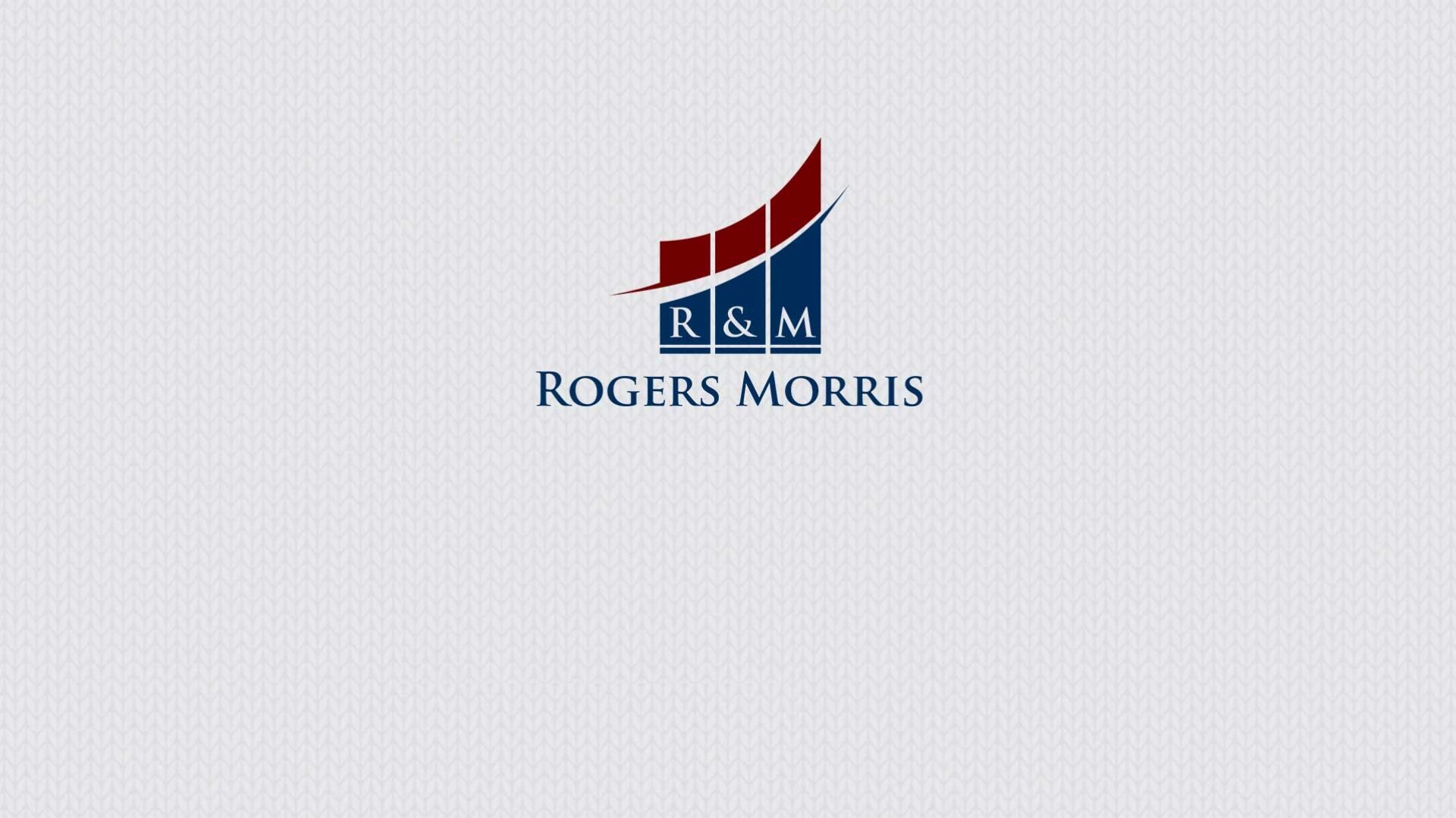4th May 2020
There are a plethora of corporate advisory and business broking firms around Australia, so how does on go about selecting the best one to assist you sell your business?
The first step in narrowing the field of contenders is recognising that different markets require different approaches. The expression ‘different horses for different courses’ applies here or to use a sailing analogy, a person who has focussed on becoming a top-level sailor of off-the-beach boats is unlikely to achieve similar results in an offshore 40’ keel boat race and vice versa. While there is a lot of similarity between the two, a lot is different.
I generally regard there to be 4 market segments, requiring different approaches. These 4 segments are basically as follows:
- Businesses with an enterprise value of up to about $2 million. These businesses are likely to be sold to an ‘owner-operator’ in the area or someone interested in moving into the area. They are also likely to be either an asset sale or if a service business, their value would be based on revenue rather than profits. This is very different to the valuation of much larger businesses.
- Businesses with an enterprise value of circa $3-15 million – The prospective buyers are more likely to be trade buyers and investment syndicates, who both require much more comprehensive information than ordinarily expected by ‘owner-operator’. The potential buyers are invariably represented by an individual who needs to convince others in the organisation (such as a management team, an advisory board and extended family members). These businesses are generally too small for private equity funds, unless it is a bolt-on for one of its businesses.
- Businesses with a value of $15-100 million – The prospective buyers are likely to include both trade buyers and private equity funds. Private equity fund managers get flooded with investment opportunities, so one first needs a circa 2-page summary that persuades them to request and review the IM. The trade buyers may not be seeking acquisition opportunities, so one may need to convince them to give it serious consideration. To do so the broker first needs to get to know the prospective buyer’s business, then convince the prospective buyer’s management team that the investment is a compelling one. It is not just a case of notifying prospective trade buyers and private equity investors of the opportunity.
- Businesses with a value of over $100 million – The target market is private equity funds and large local and offshore trade buyers. Senior management of these large companies have egos to match the size of their businesses, so not only does one need a thorough understanding of their business and why the business concerned would be a compelling acquisition for it, one also needs access to the main decision makers – they just don’t take calls or consider approaches from anyone. Large companies generally have offshore operations, which can add significant complexity to the transaction.
Once one has determined what market segment one’s business falls into, one needs to identify the corporate advisors or business brokers whose primary business targets that market segment and select from them. One in effect needs to select the party who is most likely to get you the highest price within your preferred timeframe and cause you the least stress.
That is not an easy exercise! Here is basically how I would go about it. I would place little relevance on ‘brand name’ firms. A firm with a big marketing budget or big team is not necessarily the best advisor. I would also place little relevance on the length of time a party has been in business. Using a sailing analogy again – a person sailing for 40 years is not necessarily a better sailor than someone who has only been sailing for a few years, the person could have been sailing inefficiently for 40 years. Rather than just accepting the statements and comments made to me, I like to see the supporting evidence.
The businesses I have been mostly exposed to over the past couple of decades are those with an enterprise value of circa $7-80 million. In that market one firm stands head and shoulders above the others. It targets that market. Its senior management are well experienced in that market and they operate the business as one would expect of a professional. That is evident when one reviews its policies, procedures, systems, documentation, strategies, marketing resources and so on.
I would suggest that at the first meeting with a prospective advisor, ask to see their – 1) document describing the sale process and setting out expected timeframe for each stage (It should also cover, amongst others, the methodology for establishing the expected sale price range and the firm’s promotional / marketing strategy and resources.); 2) pro-forma or recent ‘flyer’, Summary and Information Memorandum; 4) checklists; 5) ‘brag sheet’ or list of successful mandates; and 6) confidentiality agreement prospective buyers are expected to enter into.
I recently, for example, expressed an interest in a business with an expected price of over $30 million and was expected to enter into a confidentiality agreement that required me to provide a personal guarantee. That might be appropriate for a prospective ‘owner-operator’ of the business but it rules out private equity fund managers, companies and investment syndicates.
Hope that helps.
Written by – Mark M.J. Morris of Rogers Morris Pty Limited, an investment business focused on unlisted securities
